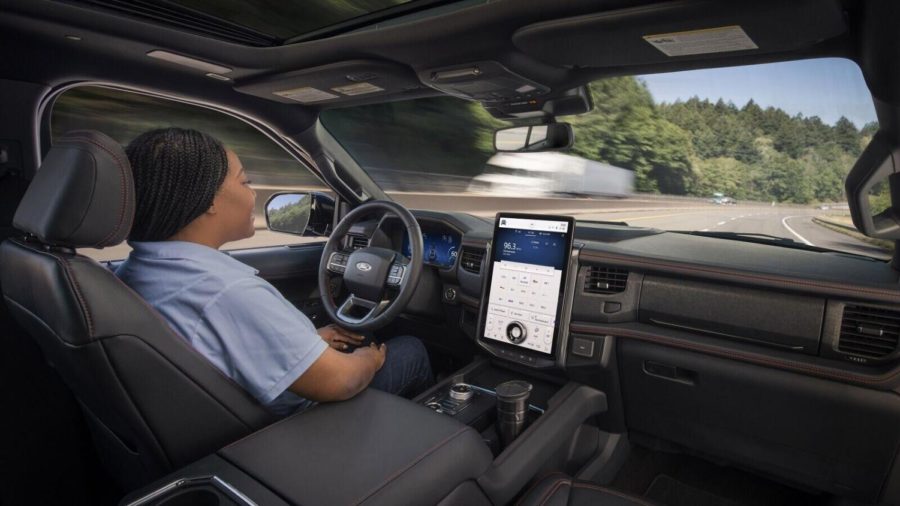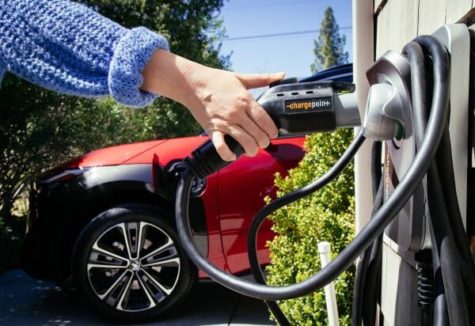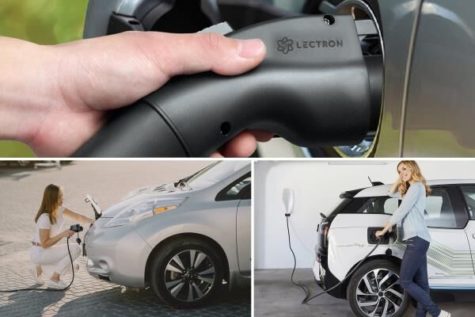Study: Lack of Knowledge May Hinder Autonomy
According to a new J.D. Power study, while the automotive industry continues to move toward fully automated, self-driving vehicles, the pace is not being matched by consumer awareness or knowledge. (Ford)
December 1, 2021
Carmakers are diligently developing autonomous-vehicle technology, with the end goal being fully self-driving cars. However, according to a new study by J.D. Power, the pace at which they are introducing new features is not being matched by consumer knowledge or awareness of the functions or benefits of these systems.
In conducting the 2021 Mobility Confidence Index (MCI) Study, J.D. Power surveyed 4,000 car owners in the United States about their knowledge of vehicle autonomy. It found that only 37 percent of respondents could define the Level 4 and Level 5 capabilities. Among vehicles currently on the road, advanced driving assistance systems (ADAS) top out at Level 2, but over 50 percent of those surveyed for the J.D. Power study think that the current features available on the marketplace today are what comprise fully autonomous driving.
To be sure, those who purport to be knowledgeable about self-driving vehicles performed worse on the survey; 32 percent were able to correctly identify the definition of a fully autonomous vehicle, versus the 37 percent of those who said they know little about the technology. In addition, a disturbing 19 percent said that fully autonomous vehicles are available for purchase today.
And while a higher percentage of respondents were interested in learning more about autonomy, with 51 percent now having more interest in the subject—a 10-percent increase over 2020—a mere 29 percent actively sought more information about the topic.
Complicating matters is that several automakers have oversold their available driver-assistance systems, such as the severely misnamed AutoPilot and Full Self-Driving feature on Teslas, which possess neither full nor self-driving capabilities. According to Tesla’s website, these features “require active driver supervision, and do not make the vehicle autonomous.” Troublingly, 16 percent of Tesla owners believe that their vehicles are fully self-driving, according to the study.
Other automakers are taking a more measured approach toward autonomy, with features such as Volvo’s Highway Pilot, GM’s Super Cruise, and Ford’s BlueCruise due in the next year. Automakers will market cars equipped with these features to offer hands-free driving within the specific parameters of designated divided highways and with full driver attention. Still, they may have the capability for further automation with over-the-air software updates.
The main takeaway from the study is that automakers have an uphill battle when it comes to overcoming overall distrust of autonomous technology, informing the car-buying public about the capabilities and benefits of these features, and convincing them to entrust autonomous technology.


















































































































































